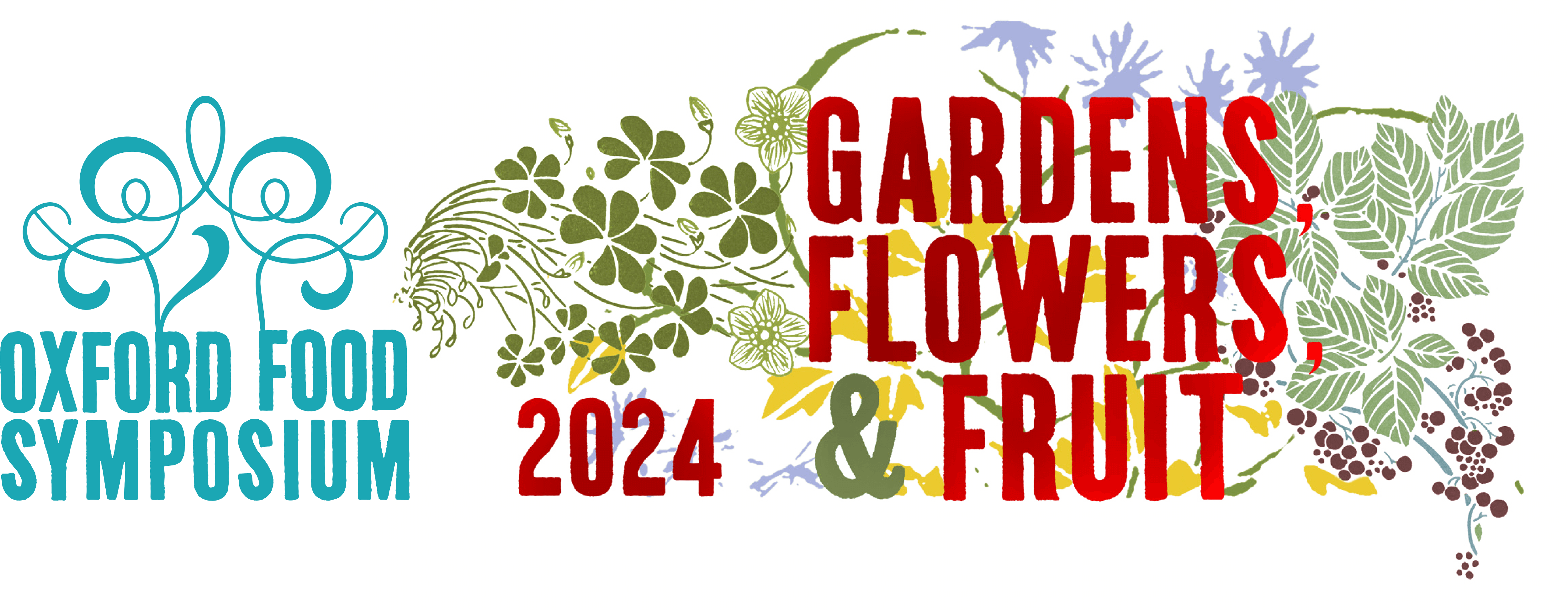Panel 3 – Even the Elite Need to Eat (Riverside Room 2)
These papers take us on journeys through some of the world's most famous gardens, as well as lesser-known ones. All were originally designed to serve the needs and desires of…
Panel 4 – Unlikely Communities, Born from Adversity (Riverside Lecture theatre)
These case studies reveal how strong communities have been created through shared gardens arising in times of economic and cultural stress, whether the Covid lockdowns, migration, or challenges of scarcity.…
Panel 5 – Women as Agent, Women as Object (Riverside Room 1)
Fertility, sin, sexualization, domesticity. . . these are just a few of the tropes associated with women and fruit. These papers approach these tropes, and more, by probing literary depictions…
Panel 6 – Floral Cuisines: Flavor, Health, Culture (Riverside Room 2)
The use of flowers as significant ingredients, used both for flavor and health, is especially pronounced in non-European cuisines. This panel considers the values ascribed to flowers (amongst other plants)…
Panel 7 – The Literary Aesthetics of the East: Chinese Stone Fruits (Riverside Lecture theatre)
Premodern literature in China is resplendent with lyrical descriptions of stone fruits that can serve as metaphors for politics and society. So, too, in India, where the literature garden becomes…
Panel 8 – The Cultural Politics of Preservation (Riverside Room 1)
Folk tradition versus modern science. Working within the home versus employment outside. Thrift versus luxury. Technological innovation and the ascendency of 'expertise,' if occasionally misguided. Even the threat of sabotage…
